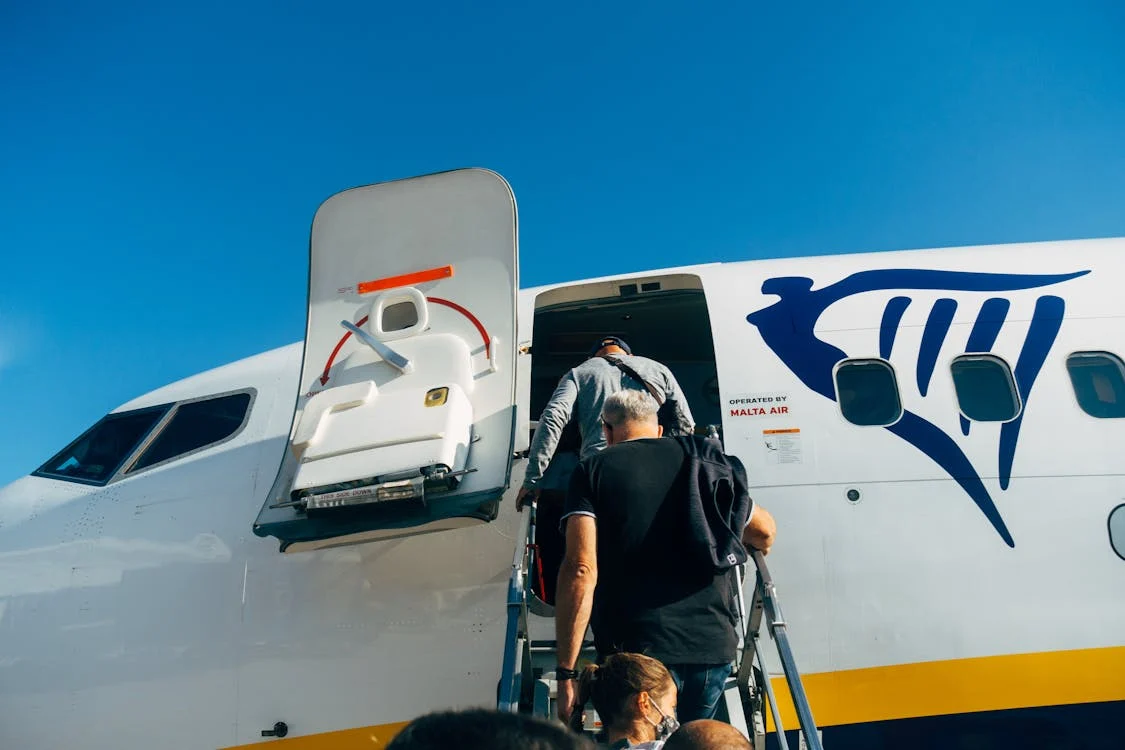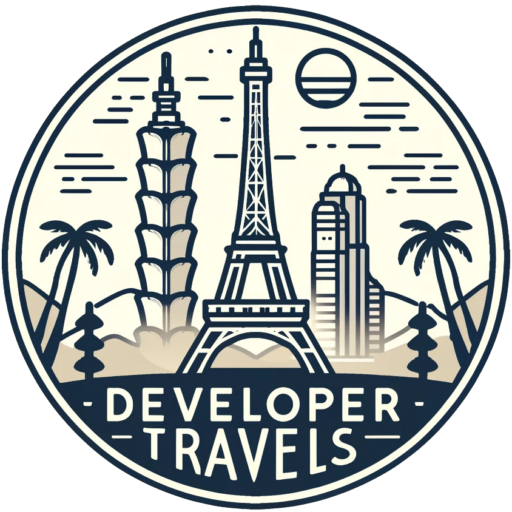How to Travel the World as a Software Engineer

In today’s digital age, software engineers have unparalleled opportunities to explore the world while maintaining their careers. Whether you’re a freelancer, a remote employee, or someone looking to take a sabbatical, traveling the world as a software engineer is a realistic and rewarding endeavor. This guide will provide you with practical tips and insights to help you successfully combine your love for coding with your passion for travel.
Embrace Remote Work
Remote Jobs: The most straightforward way to travel the world as a software engineer is to secure a remote job. Many tech companies offer remote positions, allowing you to work from anywhere with a stable internet connection. Platforms like Remote OK, We Work Remotely, and AngelList are excellent resources for finding remote software engineering job offers.
Freelancing: If you prefer flexibility, consider freelancing. Websites like Upwork, Freelancer, and Toptal connect freelancers with clients worldwide. As a freelancer, you can choose your projects and set your schedule, giving you the freedom to travel as you please.
Plan Your Finances
Budgeting: Traveling the world requires careful financial planning. Create a budget that accounts for accommodation, transportation, food, activities, and unexpected expenses. Use budgeting apps like Mint or YNAB to track your spending. Consider leveraging credit cards with travel rewards to maximize your savings.
Savings: Before you embark on your journey, build a financial cushion. Aim to save enough to cover at least three to six months of living expenses in case of emergencies or gaps between jobs. Monitoring your salary and expenses is crucial for long-term sustainability.
Choose Your Destinations Wisely
Cost of Living: Research destinations with a lower cost of living to stretch your budget further. Countries in Southeast Asia, Eastern Europe, and Latin America offer affordable living costs and vibrant digital nomad communities. You can find valuable insights on Reddit and other online forums about the best places for digital nomads.
Time Zones: Consider the time zones of your destinations, especially if you need to collaborate with a team based in a specific region. Being mindful of time zone differences will help you maintain productivity and communication with your colleagues.
Visa Requirements: Investigate visa requirements and options for long-term stays. Some countries offer digital nomad visas, allowing you to live and work legally for extended periods. Examples include Estonia, Barbados, and Portugal.
Stay Connected
Internet Access: Reliable internet access is crucial for software engineers. Research the internet quality and availability in your chosen destinations. Co-working spaces, cafes, and accommodations with strong Wi-Fi are essential for maintaining productivity.
VPN: Use a Virtual Private Network (VPN) to secure your internet connection and access region-restricted content. A VPN is particularly important when working from public Wi-Fi networks to protect your data and privacy.
Maintain Productivity
Routine: Establish a daily routine to balance work and travel. Set specific working hours and stick to them to ensure you meet deadlines and stay productive. Use tools like Trello, Asana, or Notion to manage your tasks and projects efficiently.
Workspace: Create a comfortable and ergonomic workspace wherever you go. Portable laptop stands, external keyboards, and noise-canceling headphones can help you maintain a productive environment.
Network with Other Digital Nomads
Communities: Join digital nomad communities to connect with like-minded individuals. Websites like Nomad List, Meetup, and Facebook groups offer opportunities to meet fellow travelers, share experiences, and find support.
Co-Working Spaces: Utilize co-working spaces to meet other professionals and stay productive. Co-working spaces provide reliable internet, office amenities, and a sense of community, making them ideal for remote work.
Balance Work and Exploration
Time Management: Master time management to balance work commitments with exploration. Plan your work schedule around sightseeing and activities, allowing you to experience the local culture without sacrificing productivity.
Work Hard, Play Hard: Remember to take breaks and enjoy your surroundings. Traveling is about experiencing new places and cultures, so make time to explore, relax, and recharge.
Leverage SaaS and Subscription Services
Tools: Software as a Service (SaaS) tools can streamline your work and enhance productivity. Use cloud-based development environments, project management tools, and collaboration platforms to stay connected and efficient.
Subscriptions: Maintain subscriptions to essential services like cloud storage, code repositories, and productivity software. These tools are critical for accessing your work and collaborating with your team from anywhere in the world.
Stay Healthy
Healthcare: Research healthcare options in your destinations and consider getting travel insurance that covers medical expenses. Websites like SafetyWing and World Nomads offer insurance plans tailored for digital nomads.
Fitness: Maintain a healthy lifestyle by incorporating exercise into your routine. Many cities have gyms, yoga studios, and outdoor activities to keep you active. Walking or cycling around your destination is a great way to stay fit and explore.
Conclusion
Traveling the world as a software engineer is a fulfilling and achievable goal. By embracing remote work, planning your finances, choosing your destinations wisely, staying connected, maintaining productivity, networking with other digital nomads, balancing work and exploration, leveraging SaaS tools and subscriptions, and staying healthy, you can enjoy the best of both worlds. The freedom to work from anywhere allows you to immerse yourself in new cultures, gain unique experiences, and grow both personally and professionally. So, pack your bags, fire up your laptop, and embark on the adventure of a lifetime.

